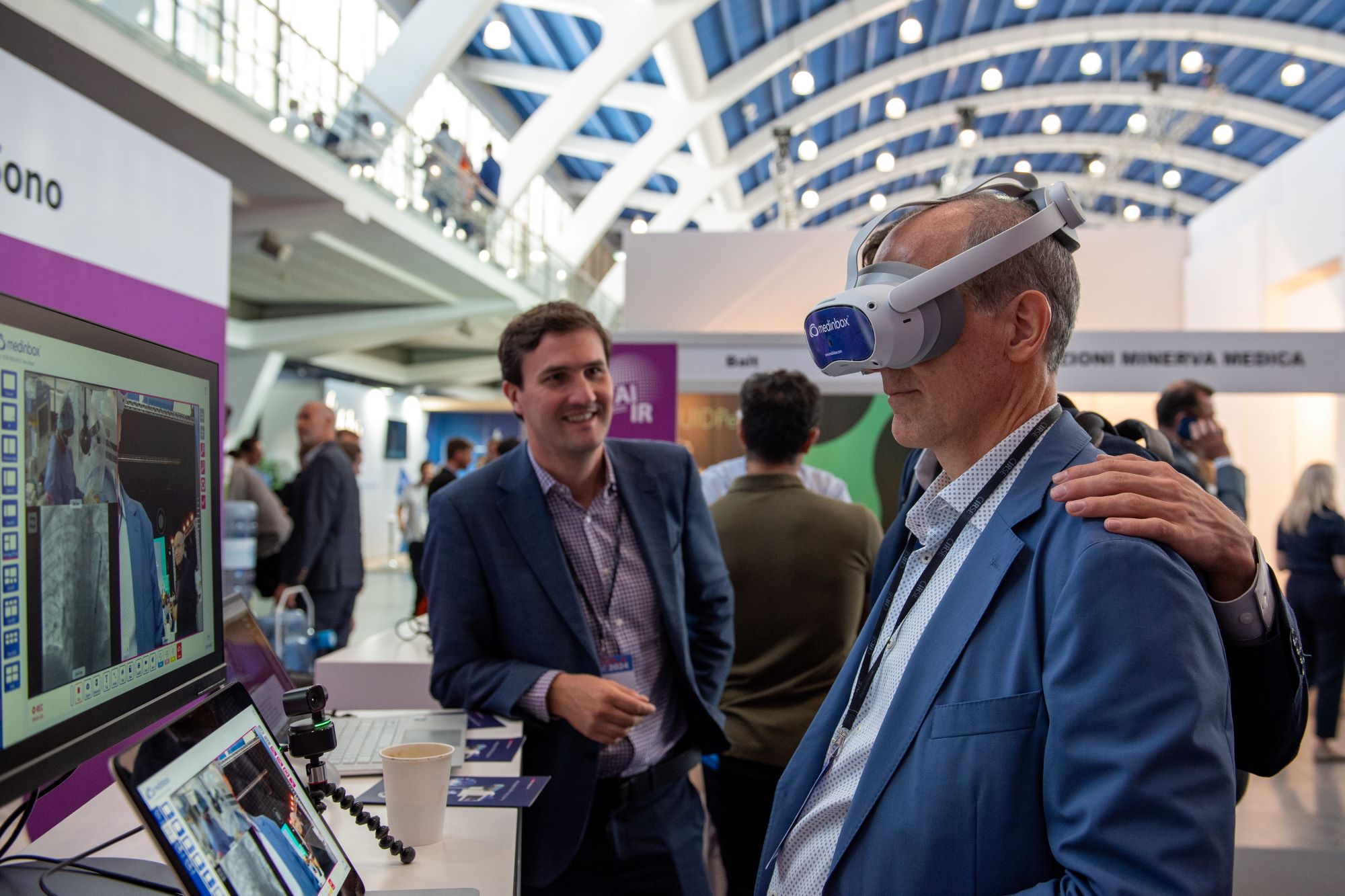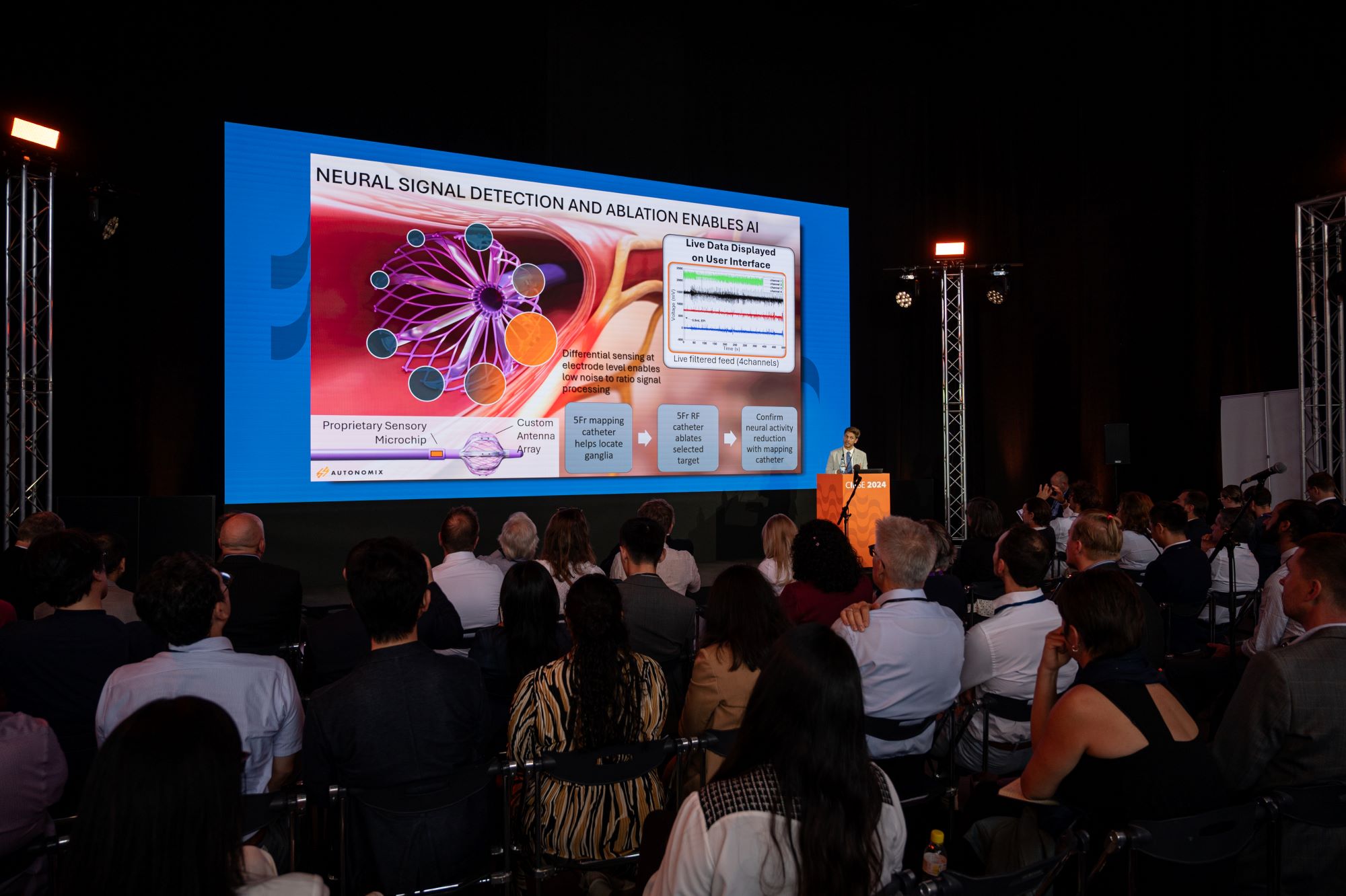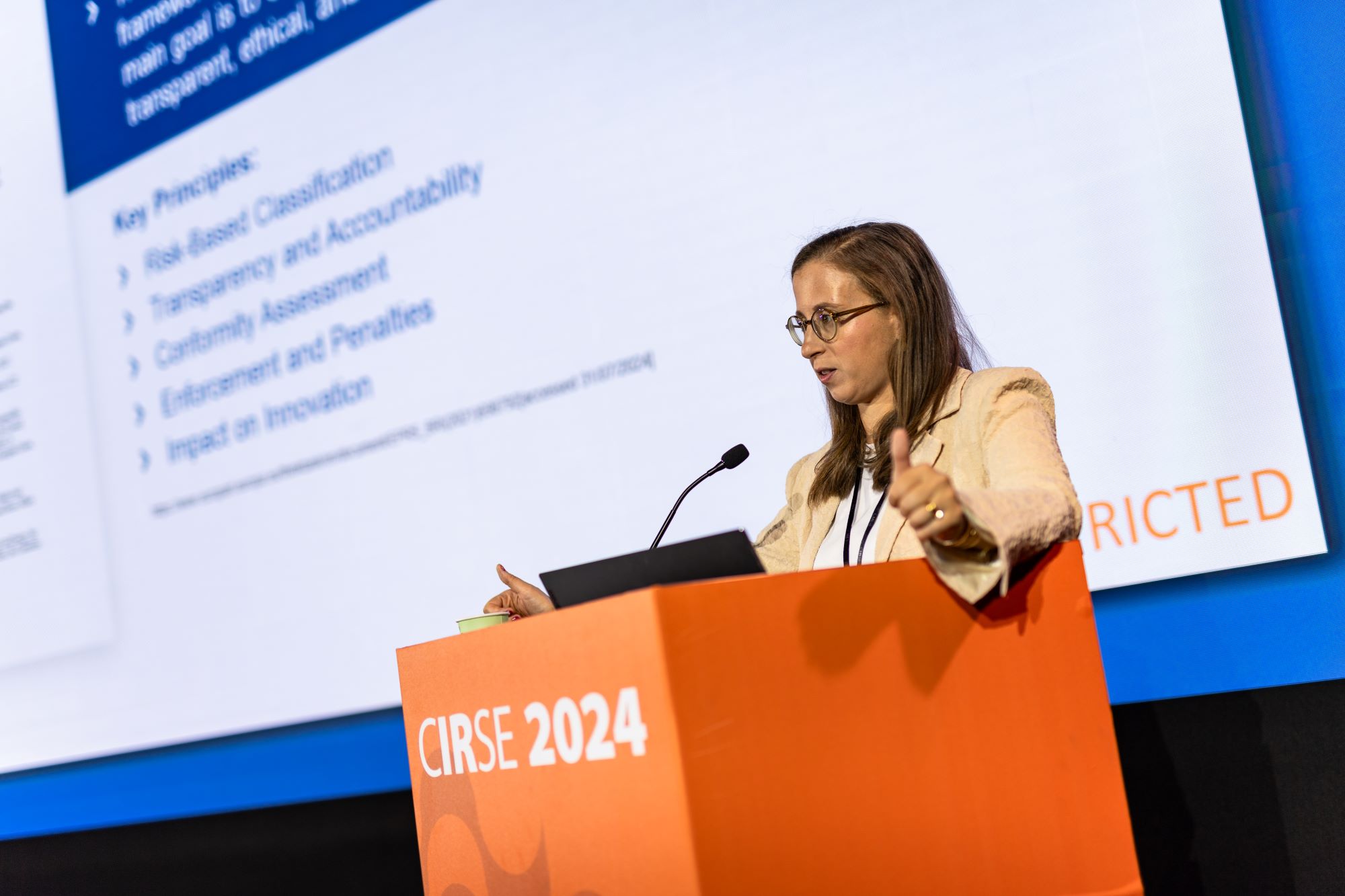November 28, 2024
Opinions on the future of artificial intelligence (AI) in medicine remain divided. Still, as AI begins to creep into all aspects of life, it is clear that this fast-moving topic merits a good deal of discussion and consideration. Advancements in AI have the potential to influence medical and economic contexts significantly. AI algorithms can enhance decision-making in interventional radiology by developing predictive models, improving image quality, aiding navigation, and minimizing radiation exposure.
In light of these developments, AI in IR has become a major focus of the CIRSE Annual Congress.
With some AI features already in daily use in practices around the world and a myriad of others on the horizon of possibilities, one thing is certain; AI will continue to be a hot topic for years to come.





